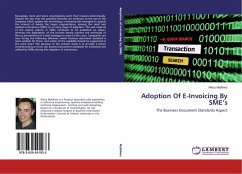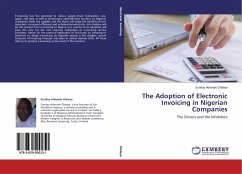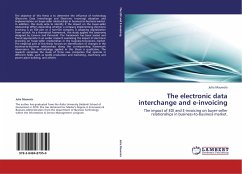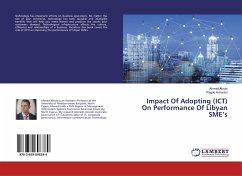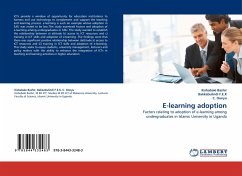Nowadays, more and more organizations send their invoices electronically. Despite the fact that the potential benefits are irrelevant to the size of the company which applies the technology, e-invoicing has managed to appeal the interest of mainly the larger organizations, leaving the small and medium enterprises (SMEs) at an early stage of adoption. The vast majority of the invoice volume in SMEs continues to be published on paper, whereas the digitization of the process merely involves the exchange of files as attachments of e-mail messages in most of the cases. Companies are now facing the following dilemma: which business document standard is most suitable for them, and which of the available should be supported at the same time? The purpose of the present study is to provide a better understanding on how can business document standards be evaluated and utilized by SMEs during the adoption of e-invoicing.
Bitte wählen Sie Ihr Anliegen aus.
Rechnungen
Retourenschein anfordern
Bestellstatus
Storno

